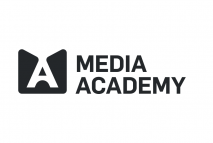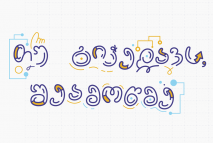GNCC to Protect Children from Dangerous Materials Online
To protect children and youths from harmful effects online, the Georgian National Communications Commission has approved regulations defining the terms for publishing materials that are dangerous for children. GNCC has outlined a set of responsibilities both for internet providers and website owners. The ruling is due to come into effect on 1 June.
From 1 June, GNCC will give parents the opportunity to protect their children from online threats. Parents play the leading role in the process of assessing and reducing the threats. To provide them with an effective threat reduction mechanism, internet providers will be obliged to devise a mechanism that will allow them to restrict access to specific dangerous websites upon request from a subscriber (a parent).
On the other hand, website owner companies will have to attach an appropriate age tag to their sites, specifying the age group that the audio-visual content of their site is suitable for.
GNCC will compile and publish a list of websites that are harmful for children. Internet providers will update the list on a weekly basis. Additionally, to ensure that children and youth can navigate the web safely, the commission will randomly select and monitor websites to create an additional filter and check whether companies are fulfilling their duties.
To protect children and youth from the effects of unsuitable material, GNCC will seek to raise awareness among children, parents and teachers and to develop skills such as critical thinking and creativity by implementing vital media literacy projects. In 2019, GNCC worked closely with the Ministry of Education to deliver such projects, applying European experience and successful practice. Media literacy projects are set to actively continue in the future.
Violating the regulations regarding the publishing of materials that are dangerous for children is punishable by an administrative fine under Article 144.11 of the Administrative Offences Code of Georgia.
GNCC approved the regulations regarding the publishing of materials that are dangerous for children and youth on the basis of parliamentary legislation.










